
Communication themes from Coronavirus outbreak
Coverage of the Coronavirus outbreak is everywhere as news media, governments and health organisations across the globe analyse its spread and impact.
Visualisingdata.com was originally launched in 2010 originally to serve as a blog to help continue the momentum of my learning from studying the subject via a Masters degree. I continue to publish articles and share announcements that track developments in my professional experiences as well as developments in the data visualisation field at large.
This is a collection of all my published posts, starting with the newest and dating back to 2010, tracking. These posts include articles, design commentaries, podcast updates, professional updates, and general news from across the data visualisation field.

Coverage of the Coronavirus outbreak is everywhere as news media, governments and health organisations across the globe analyse its spread and impact.
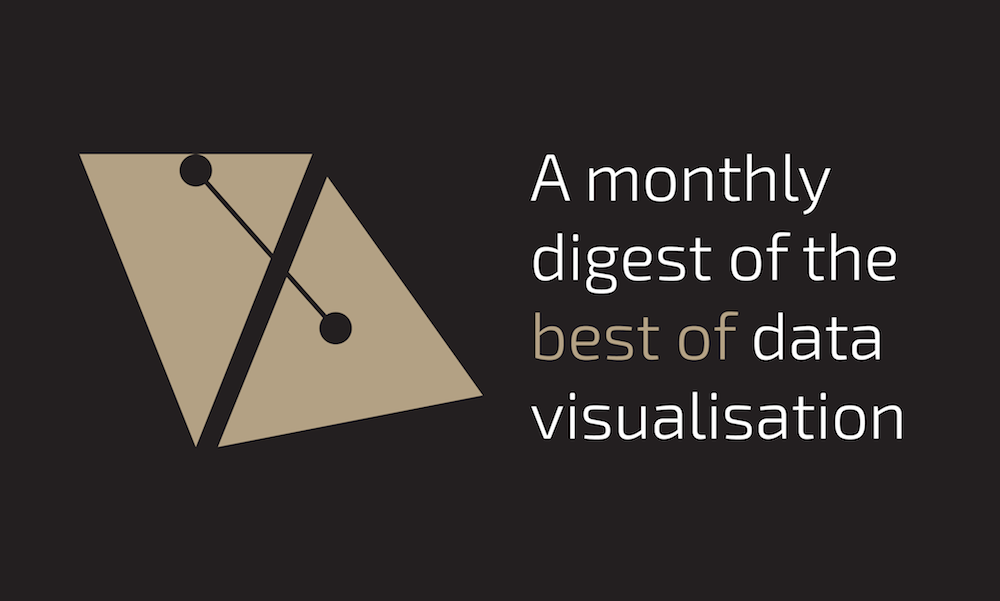
At the end of each month I pull together a collection of links to some of the most relevant, interesting or thought-provoking web content I’ve come across during the previous month. Here’s the latest collection from December 2019.
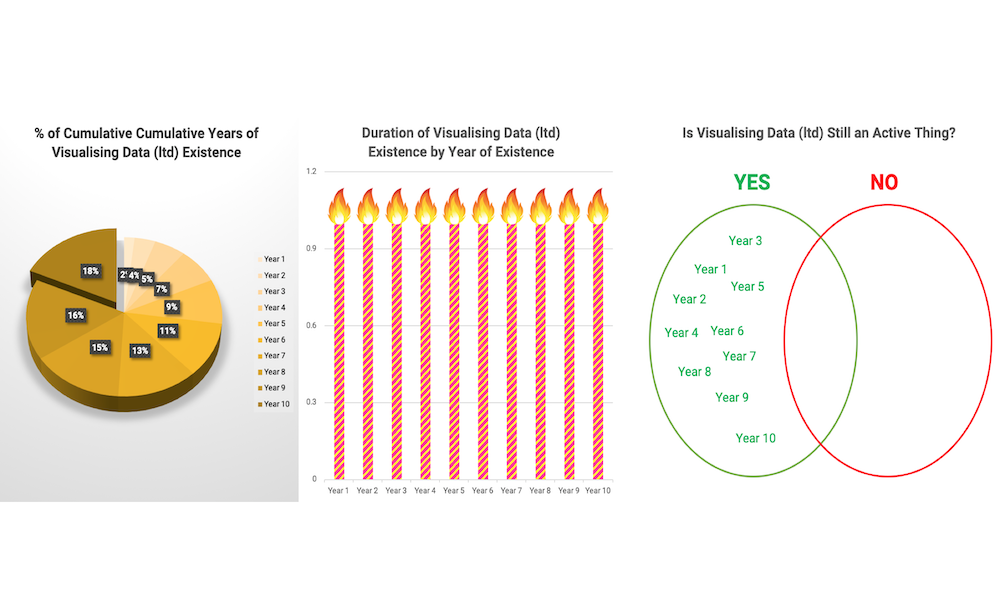
Today marks the 10 year anniversary of Visualising Data being a thing. A thing that thankfully continues to exist as a website, as an identity, and as a commercial enterprise.
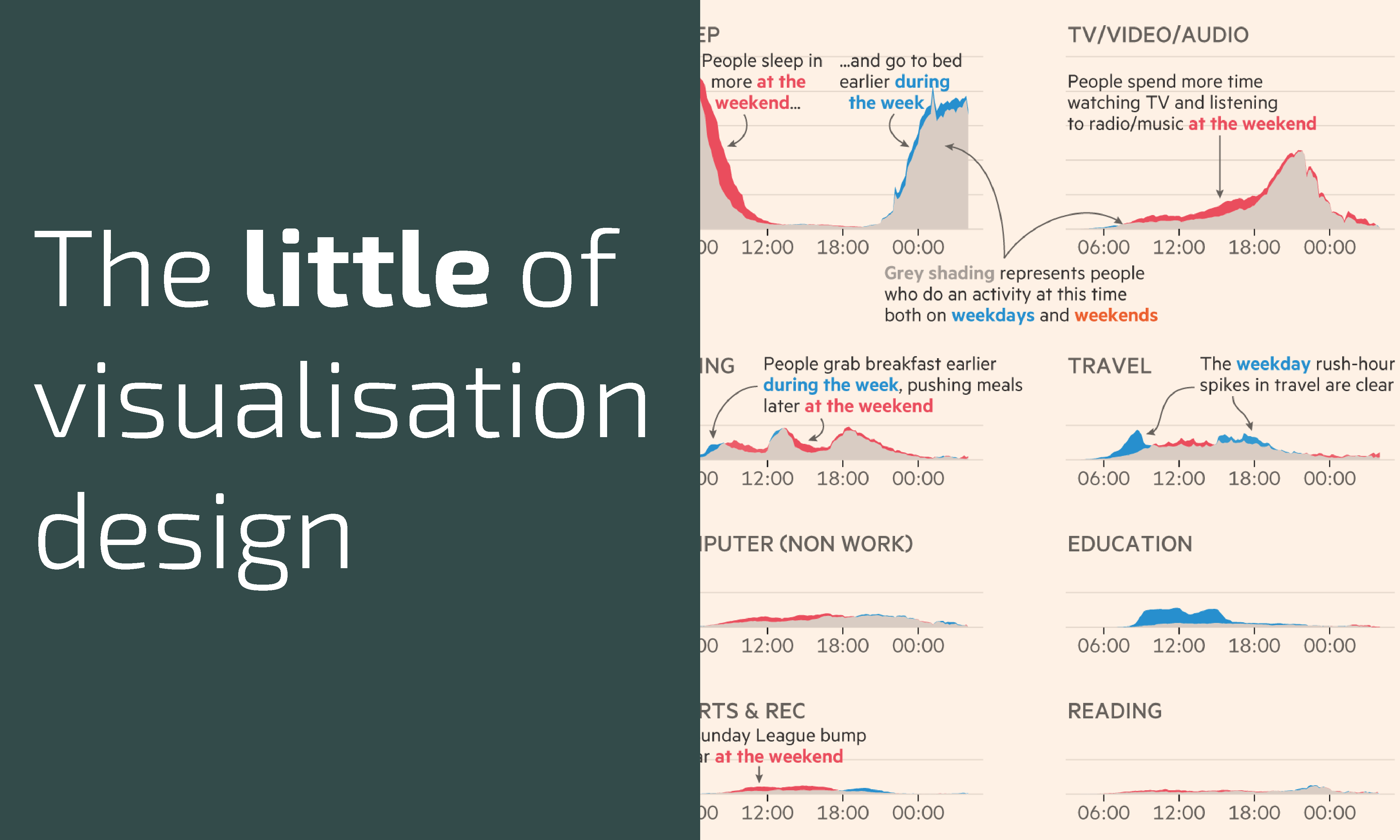
This is part of a series of posts about the ‘little of visualisation design’, respecting the small decisions that make a big difference towards the good and bad of this discipline.

At the end of each month I pull together a collection of links to some of the most relevant, interesting or thought-provoking web content I’ve come across during the previous month. Here’s the latest collection from November 2019.
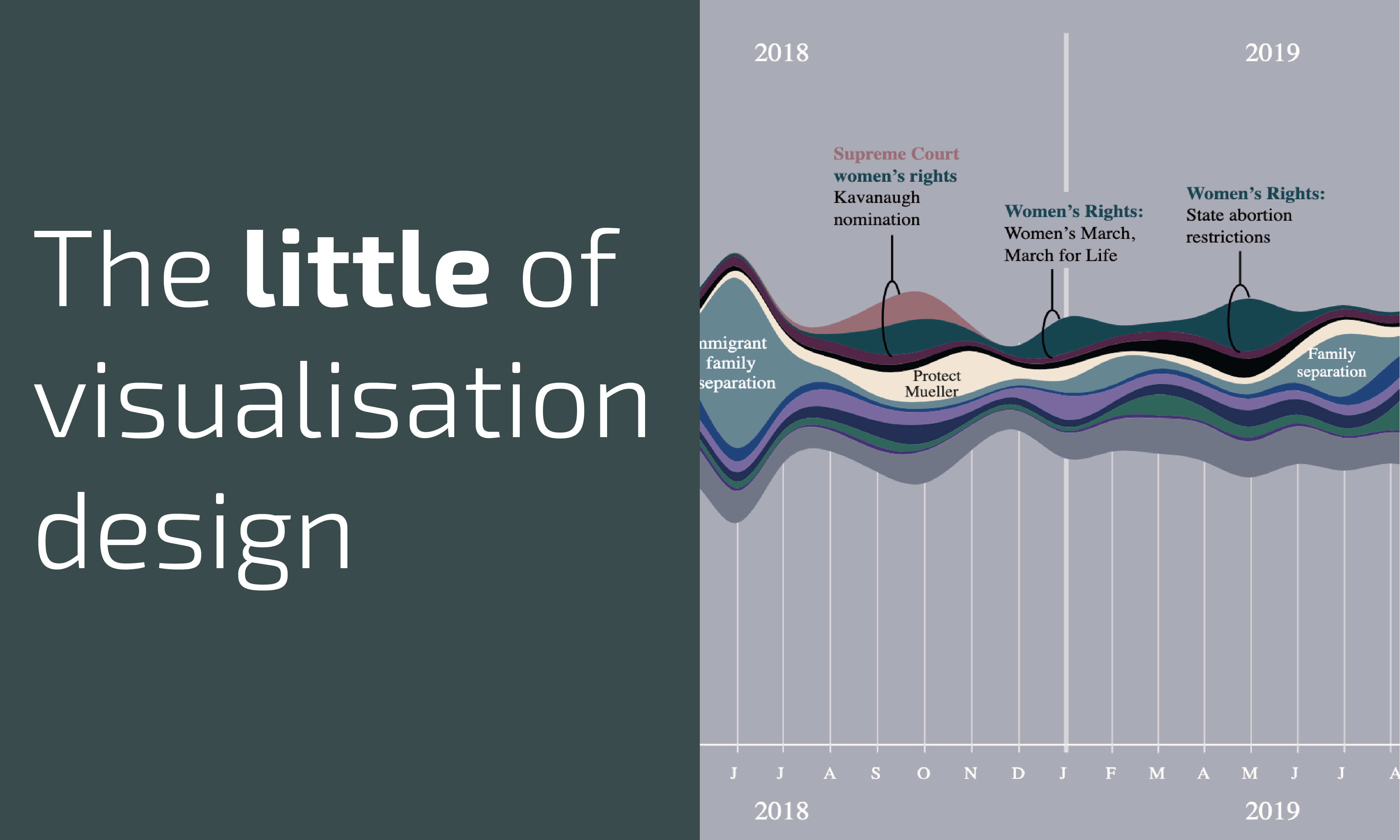
This is part of a series of posts about the ‘little of visualisation design’, respecting the small decisions that make a big difference towards the good and bad of this discipline.

Explore/Explain is a new series of conversations I am recording with data visualisers about their work. The recordings will be published in both video and audio podcast format. I will be the presenter/chief interrogator and I’m delighted to be supported by Matt Knott as producer.

At the end of each month I pull together a collection of links to some of the most relevant, interesting or thought-provoking web content I’ve come across during the previous month. Here’s the latest collection from October 2019.
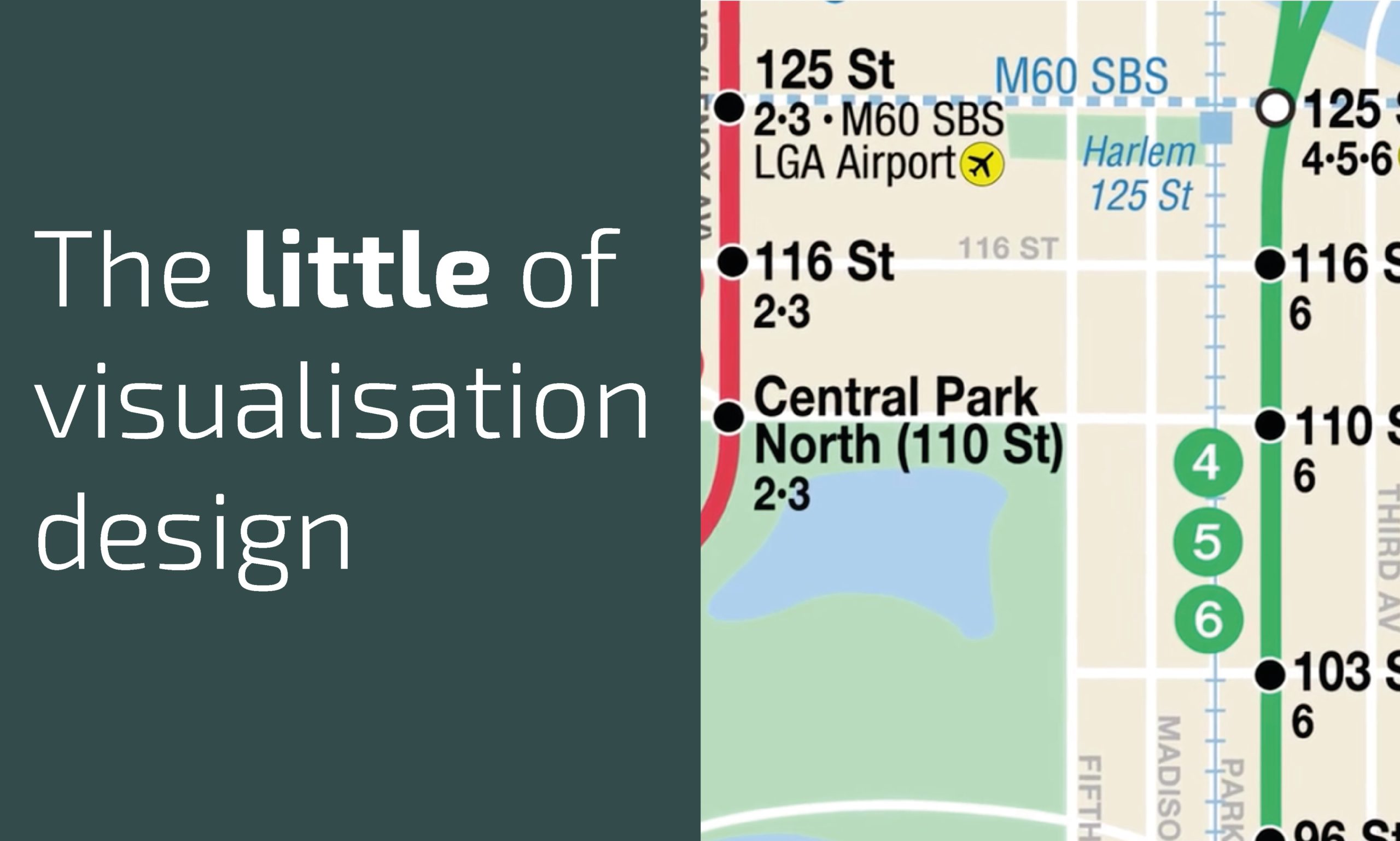
This is part of a series of posts about the ‘little of visualisation design’, respecting the small decisions that make a big difference towards the good and bad of this discipline.
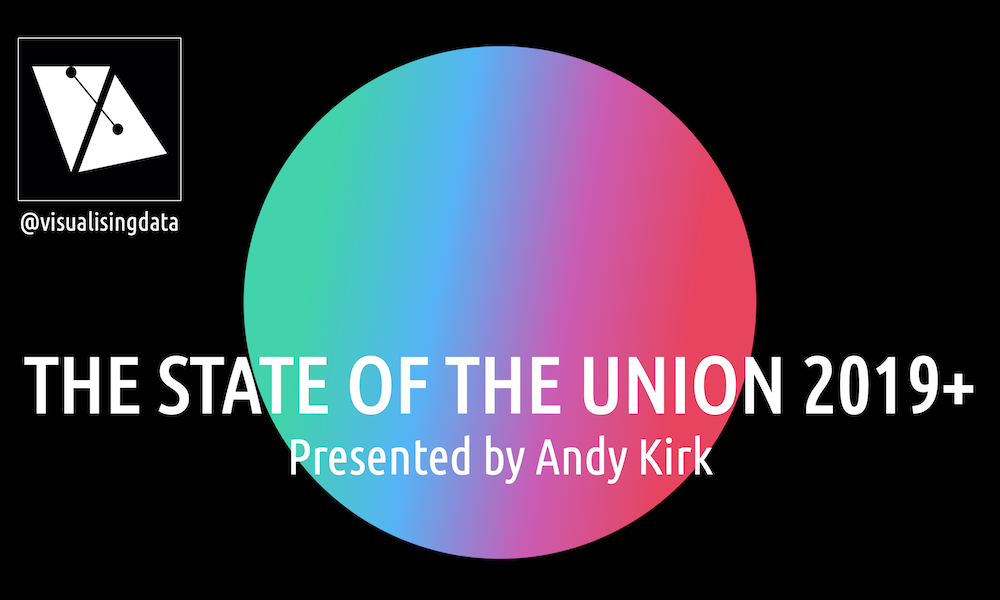
Over the past few weeks I’ve had the opportunity to work on and present a talk titled ‘Data Visualisation: The State of the Union, 2019 and beyond”
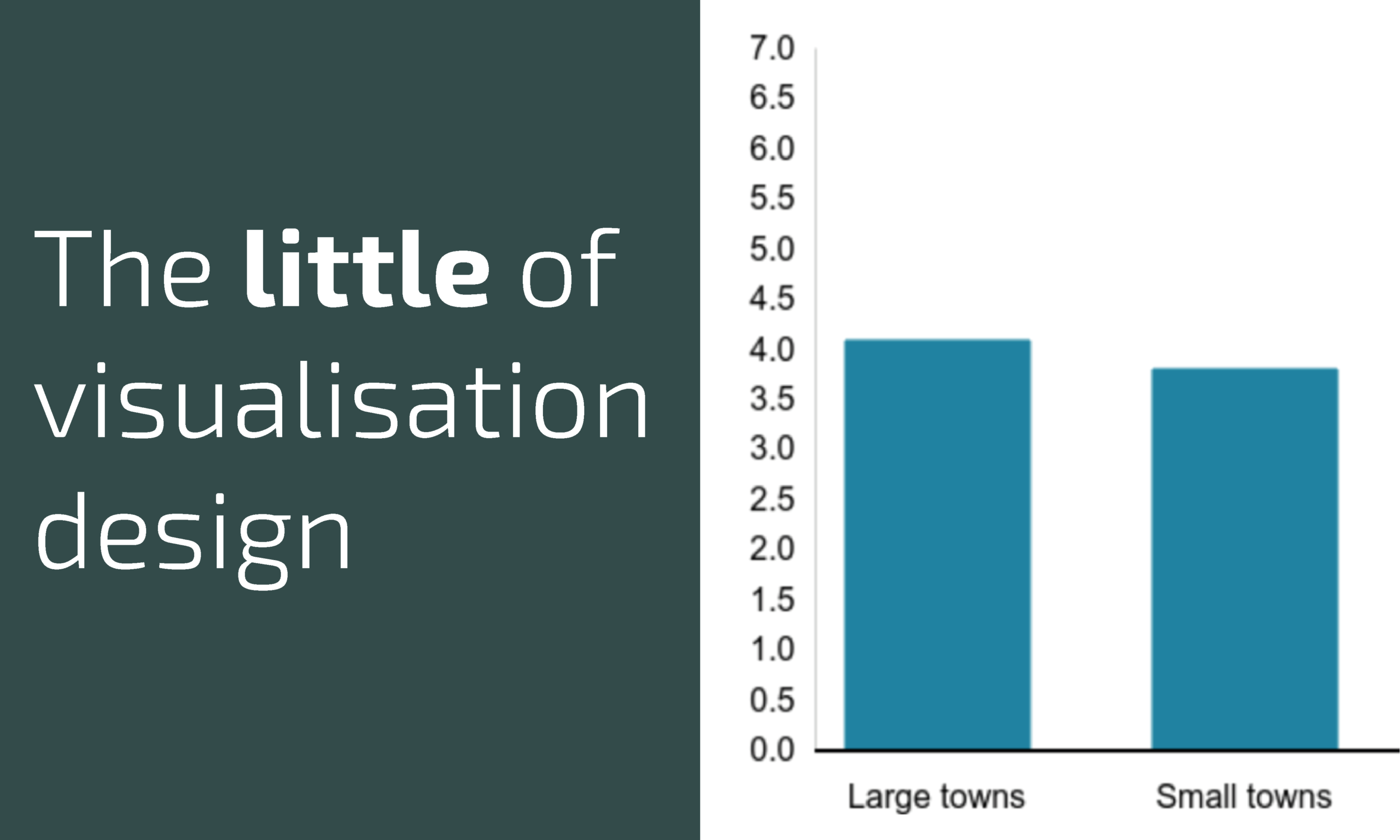
This is part of a series of posts about the ‘little of visualisation design’, respecting the small decisions that make a big difference towards the good and bad of this discipline.
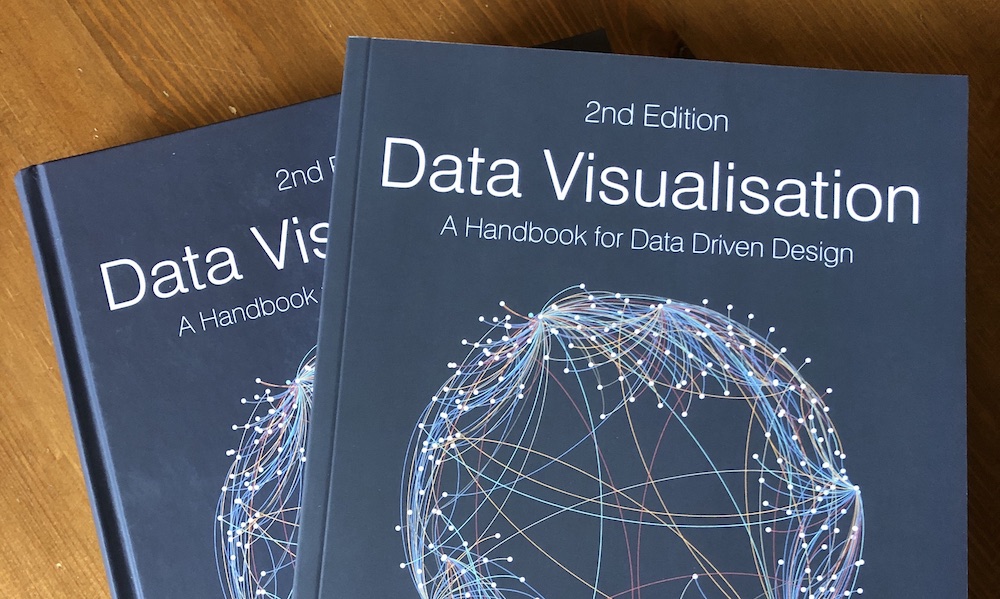
This is an appeal for anyone who has bought/read my book to possibly take out a few moments from their busy schedules to consider positing a rating and review on any book store selling it.

At the end of each month I pull together a collection of links to some of the most relevant, interesting or thought-provoking web content I’ve come across during the previous month. Here’s the latest collection from August 2019.
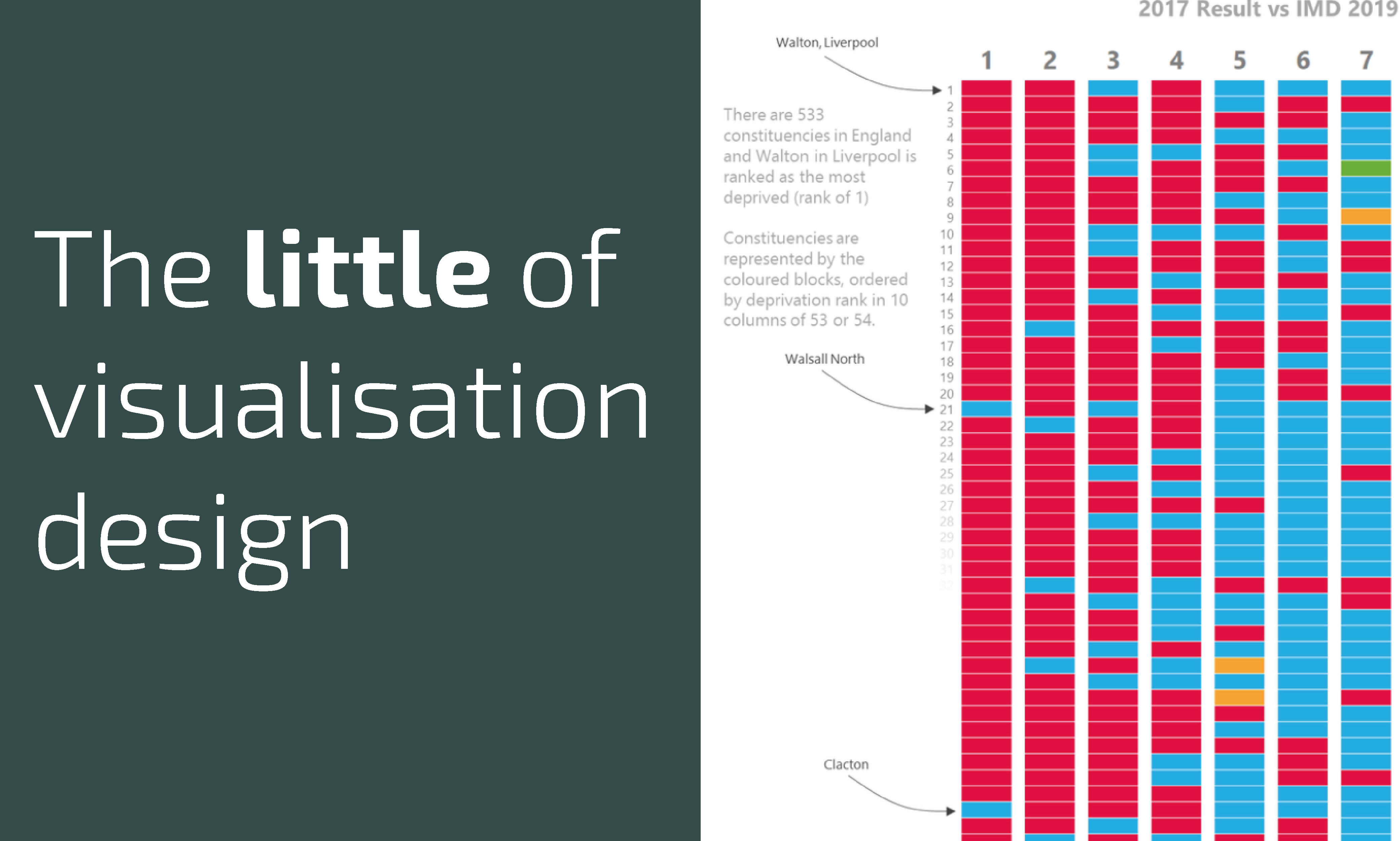
This is part of a series of posts about the ‘little of visualisation design’, respecting the small decisions that make a big difference towards the good and bad of this discipline.
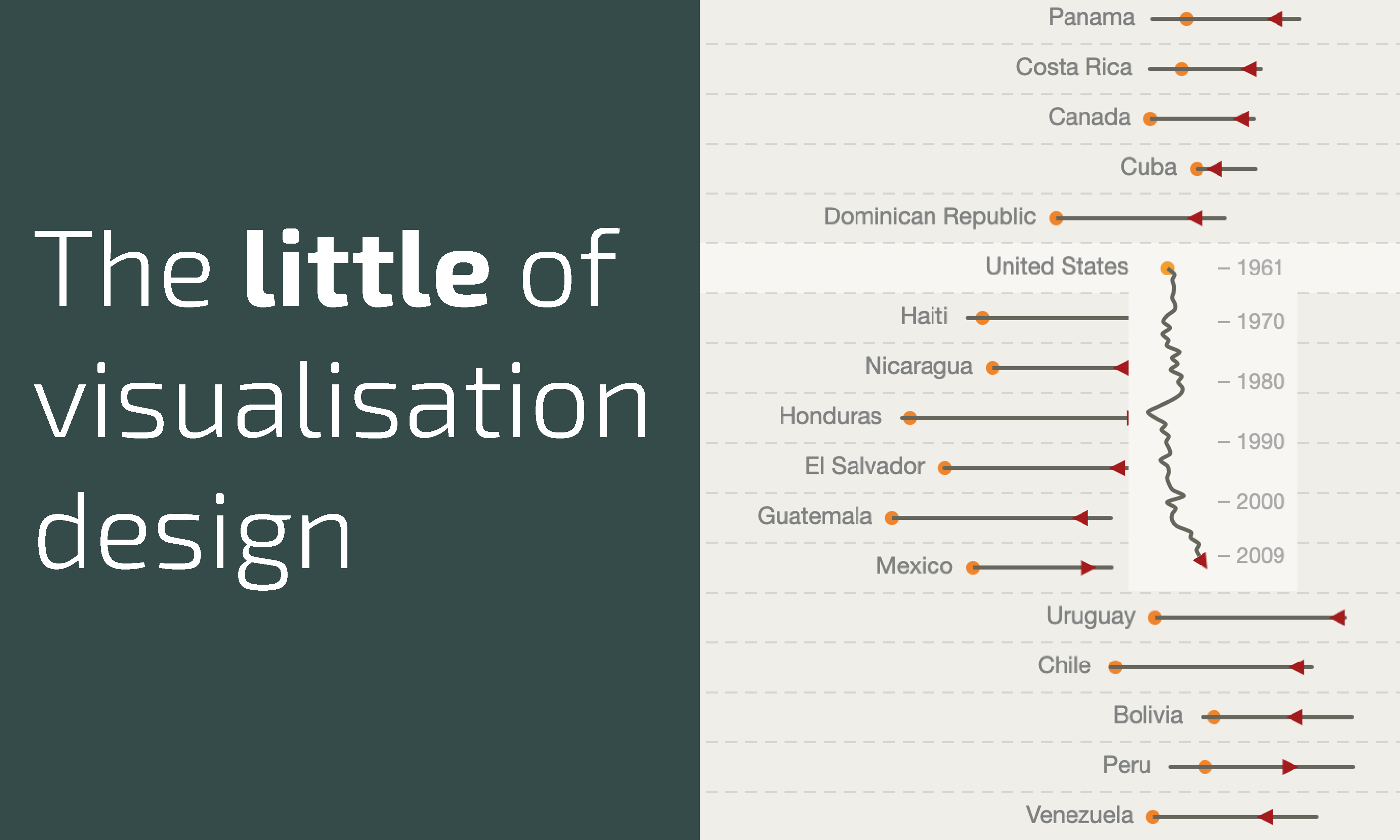
This is part of a series of posts about the ‘little of visualisation design’, respecting the small decisions that make a big difference towards the good and bad of this discipline.
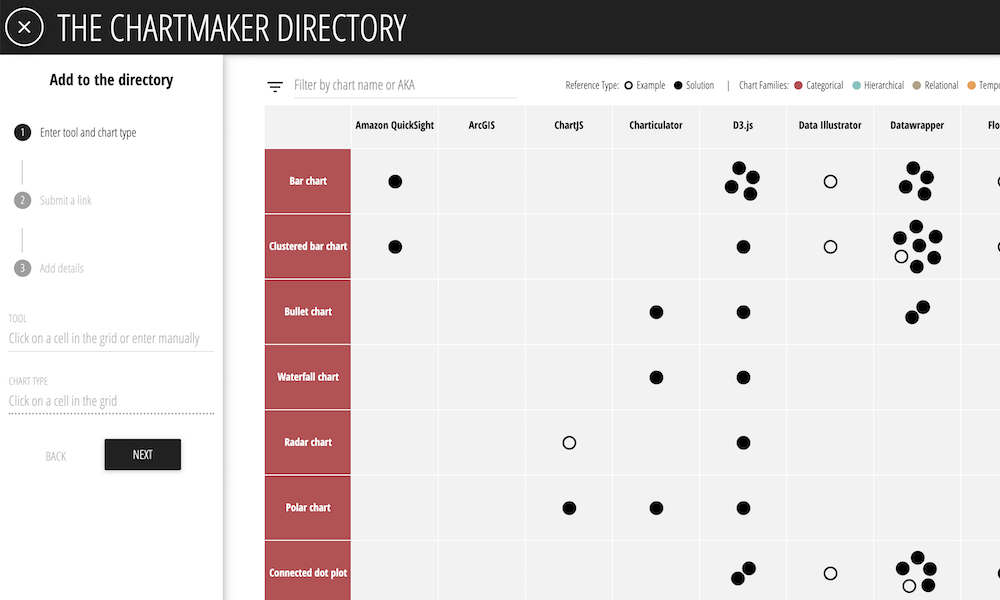
It is just over 2 years since I launched the Chartmaker Directory, an open resource to help people navigate through guidance on what charts can be made in which tools, and how. I’m delighted to note that we have just reached the milestone of 1000 references!
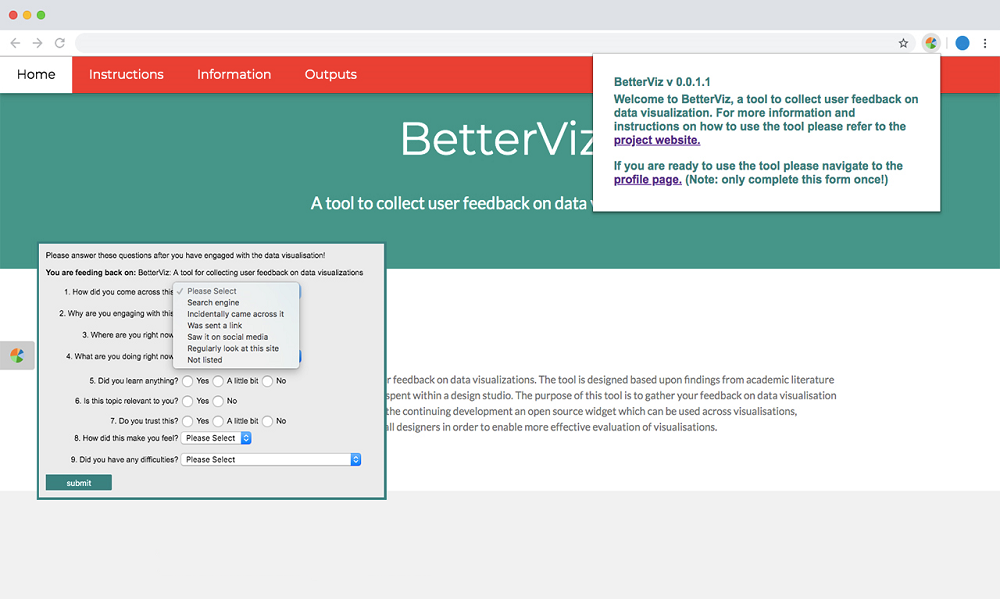
This post is from Arran Ridley, PhD Candidate at the School of Media and Communication, University of Leeds. Arran is working on a White Rose/ESRC funded project entitled ‘Measuring Visualisation Engagement’ which extends the work that originated from the Seeing Data project I was a member.
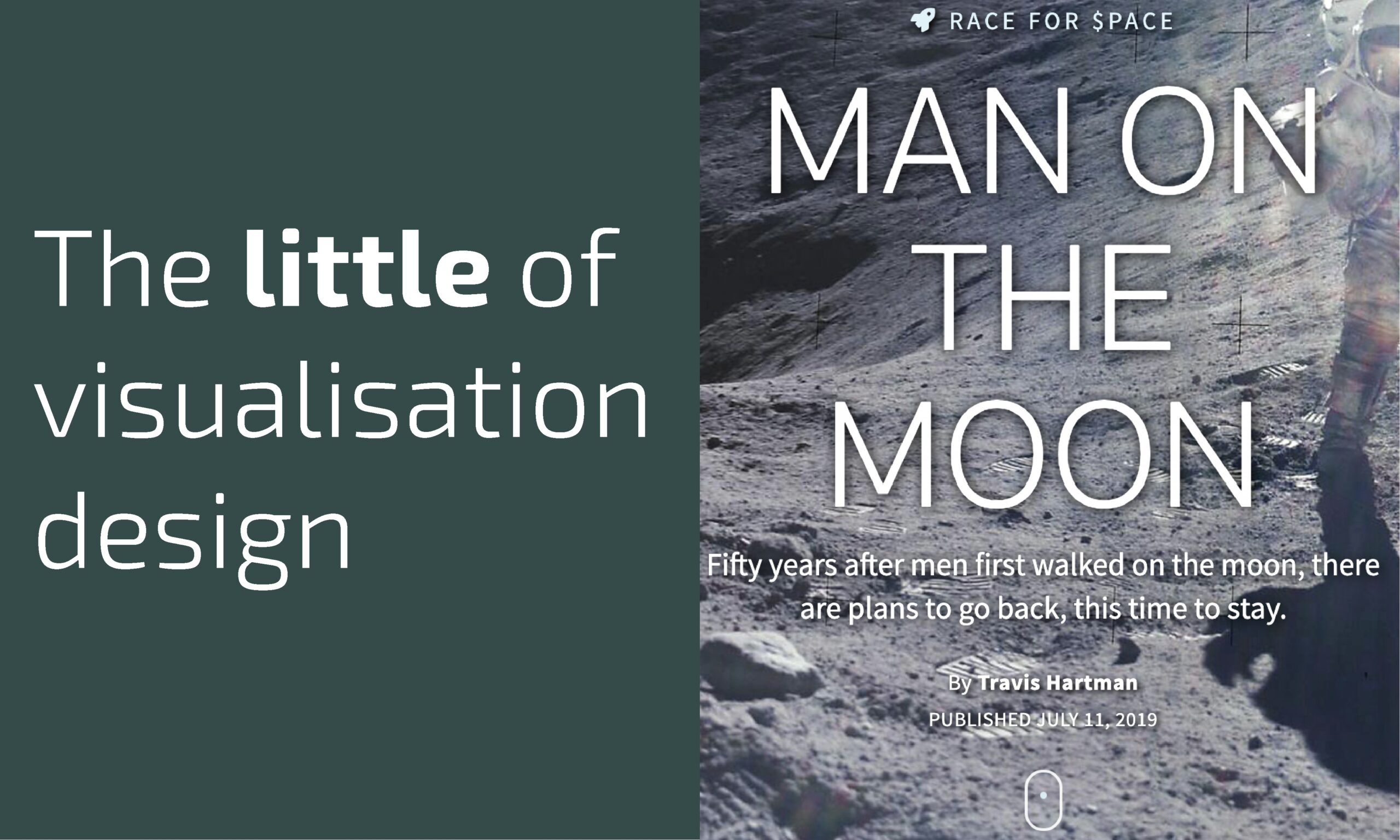
This is part of a series of posts about the ‘little of visualisation design’, respecting the small decisions that make a big difference towards the good and bad of this discipline.

At the end of each month I pull together a collection of links to some of the most relevant, interesting or thought-provoking web content I’ve come across during the previous month. Here’s the latest collection from July 2019.

It was great to recently have the chance to curate a deep-dive discussion about a key topic in data visualisation on the Data Visualisation Society slack channel. My topic of choice was surrounding the issue of how one would recognise and pursue elegance in a data visualisation.

I’m delighted to share news that my new book, the second edition of ‘Data Visualisation: A Handbook for Data Driven Design’ is printed, published and available to order!
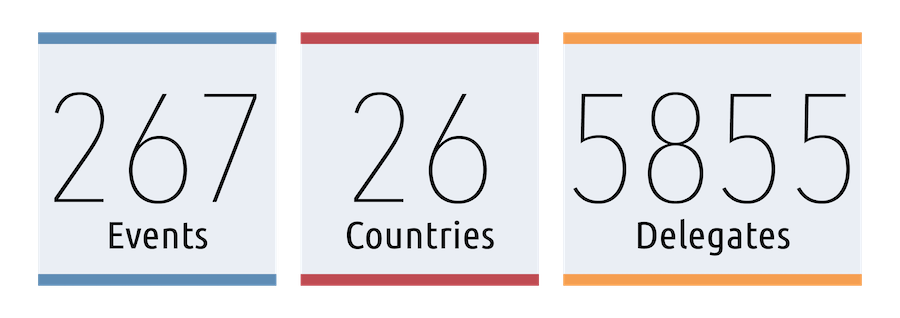
After a disrupted 2019, I’m finally now getting round to look forwards again. A key component of that involves considering my prospective schedule of data visualisation training events: how many, what type, when and, crucially, where.
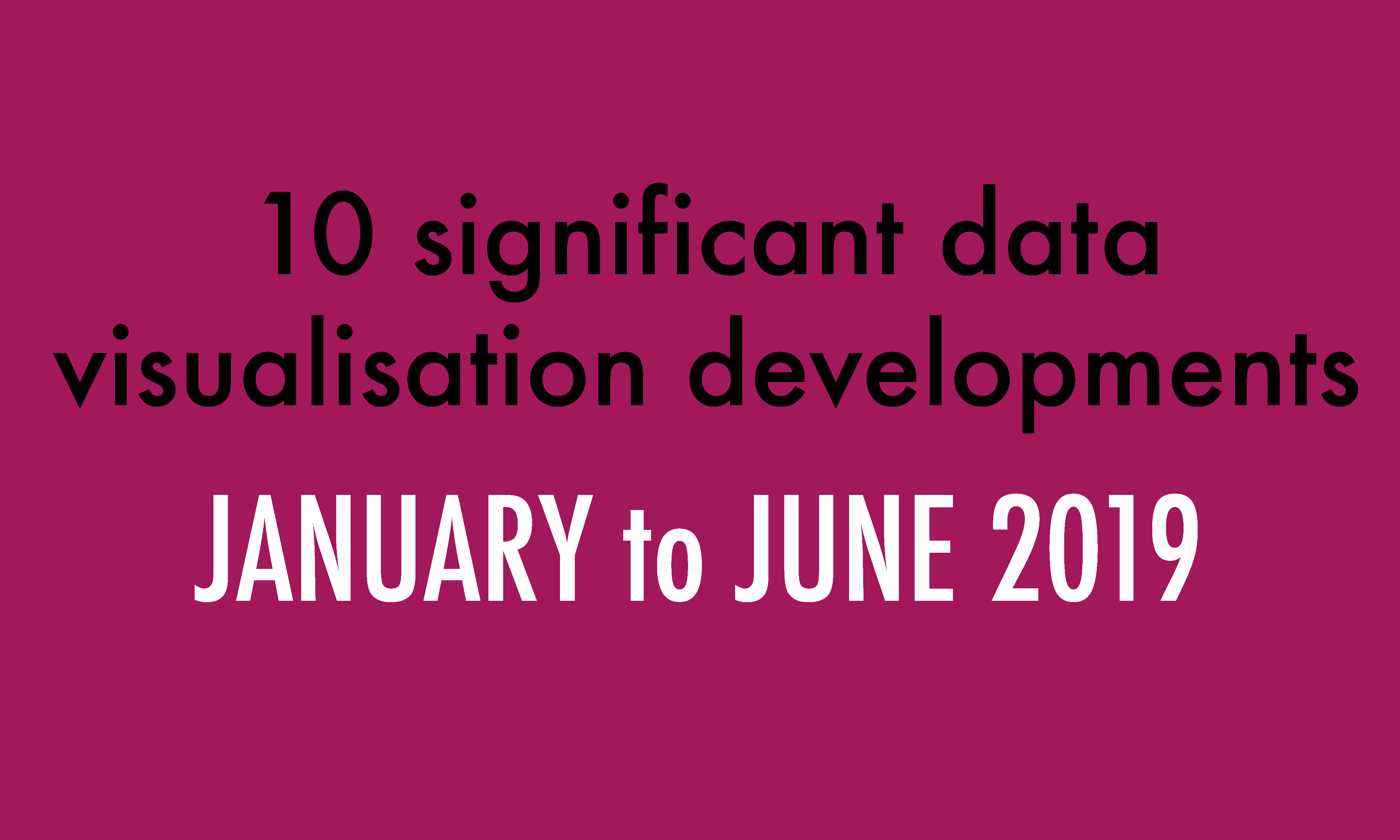
To mark each mid-year and end of year milestone I try to take a reflective glance over the previous 6 months period in the data visualisation field and compile a collection of some of the most significant developments. These are the main projects, events, new sites, trends, personalities and general observations that have struck me as being important to help further the development of this field.
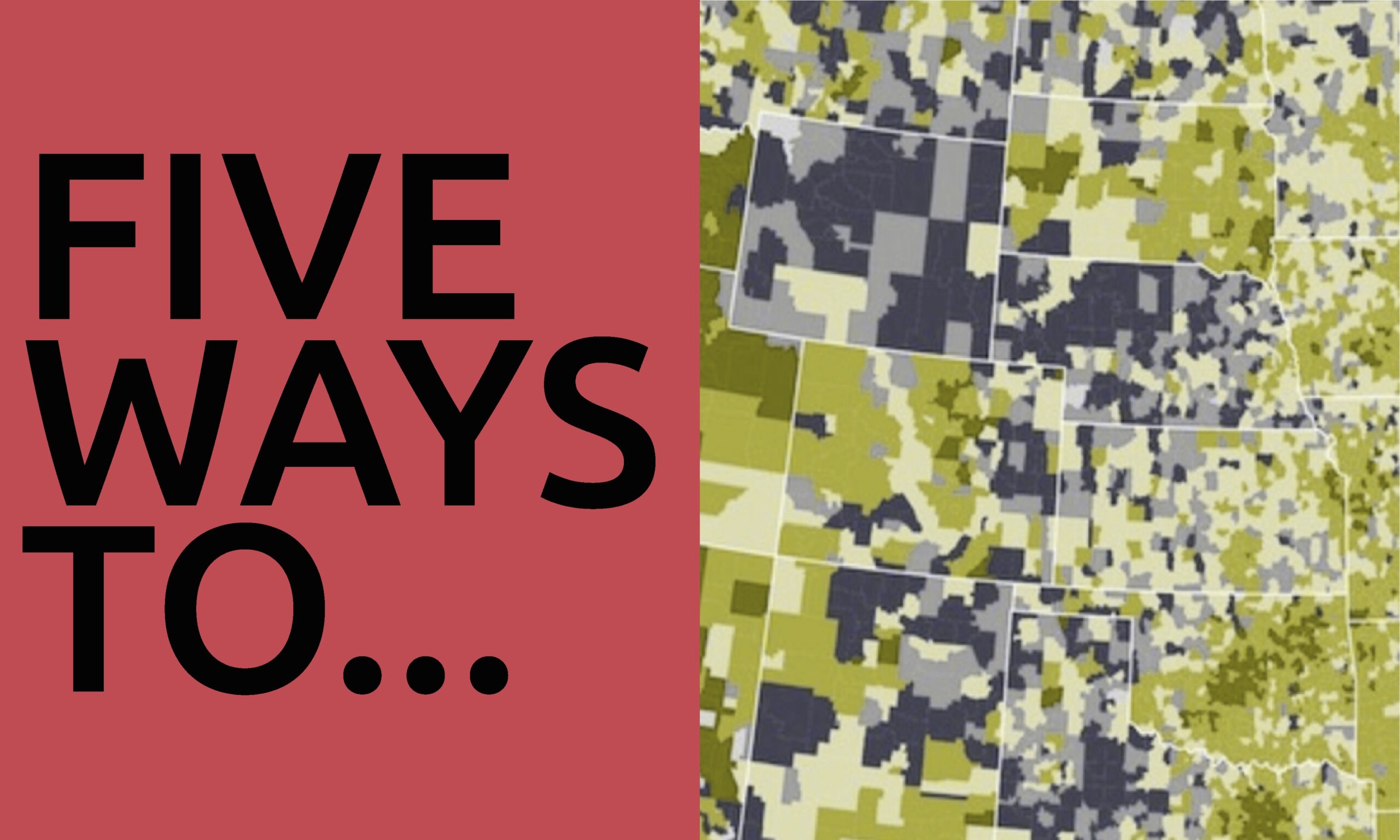
In this series I am looking at different contextual, editorial, analytical, or design challenges encountered when working on data visualisation tasks. Each will be framed around a specific ‘everyday’ challenge with five possible methods, ideas or observations presented.

At the end of each month I pull together a collection of links to some of the most relevant, interesting or thought-provoking web content I’ve come across during the previous month. Here’s the latest collection from June 2019.
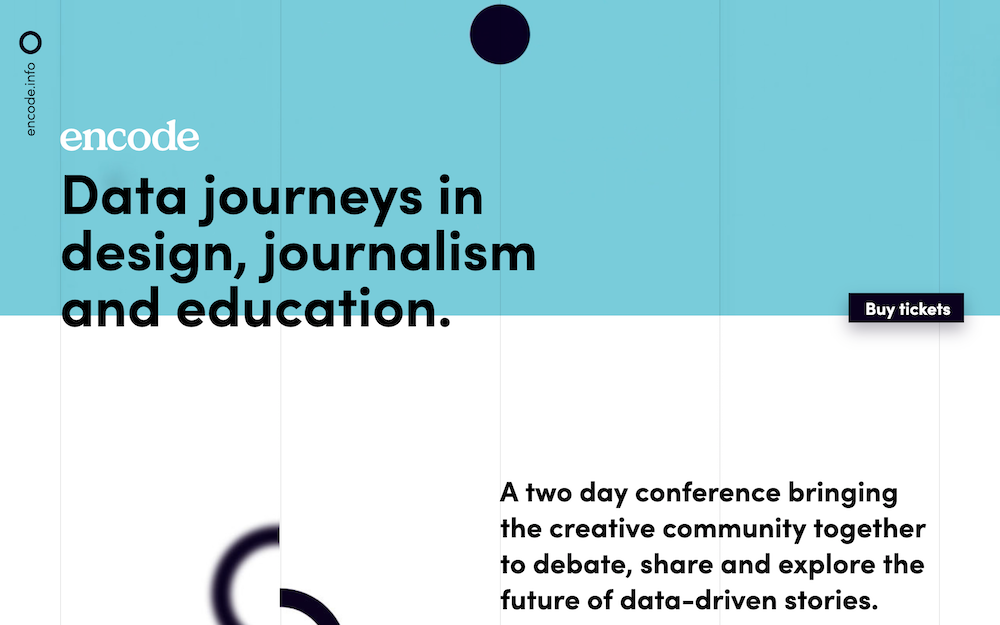
The Encode conference is taking place in London on 19th and 20th September. As I previously posted, this is a brand new two-day conference that aims to ‘bring the creative community together to debate, share and explore the future of data-driven stories’.

It was a pleasure to join Max Gadney to participate in the first episode of his After the Flood podcast.
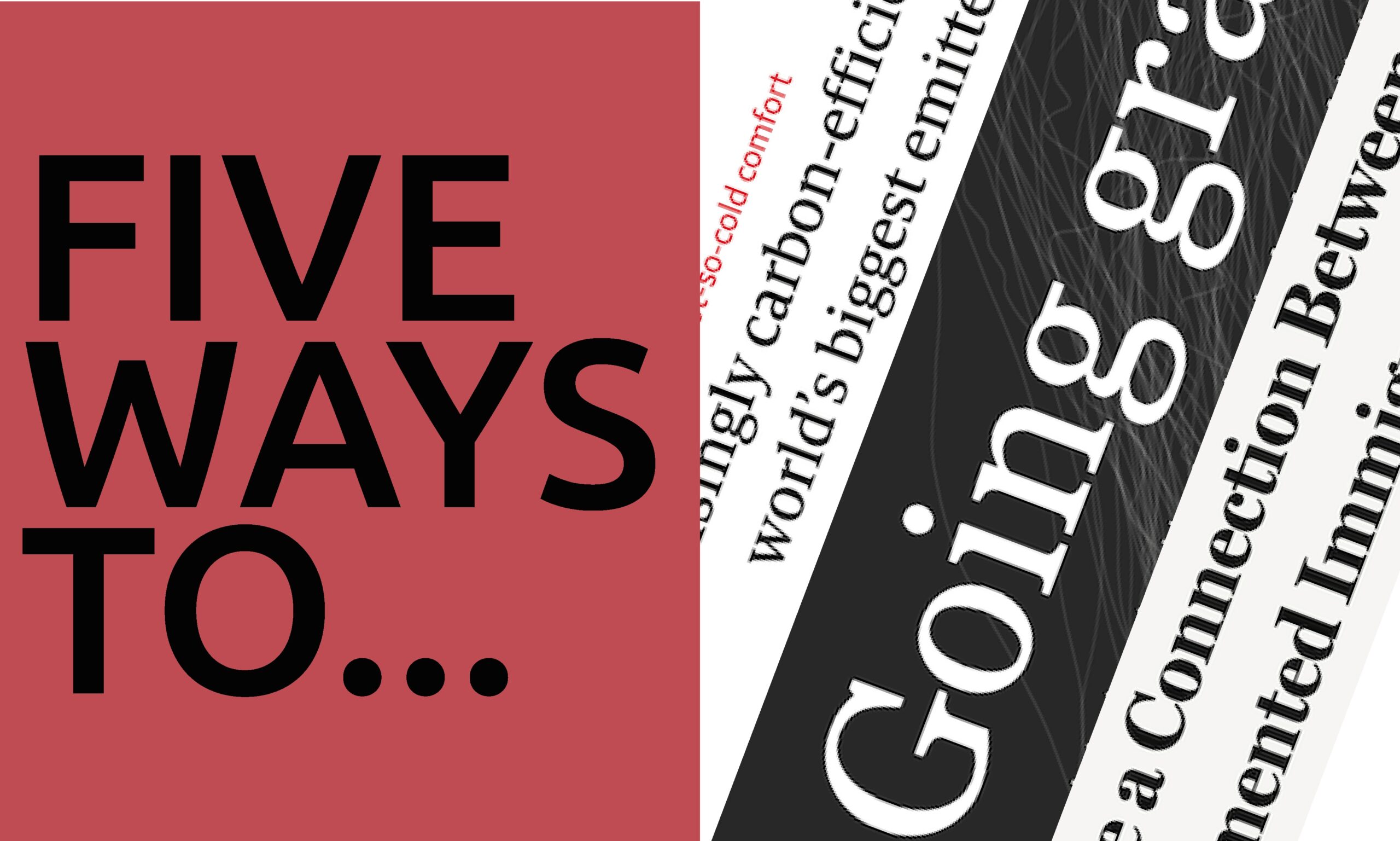
In this series I am looking at different contextual, editorial, analytical, or design challenges encountered when working on data visualisation tasks. Each will be framed around a specific ‘everyday’ challenge with five possible methods, ideas or observations presented.

At the end of each month I pull together a collection of links to some of the most relevant, interesting or thought-provoking web content I’ve come across during the previous month. Here’s the latest collection from May 2019.

Across this week and next, I’m happy to be playing the role of host moderator for one of the Data Visualization Society slack channels – topics-in-data-viz – curating a discussion about a hot-topic in data visualisation.